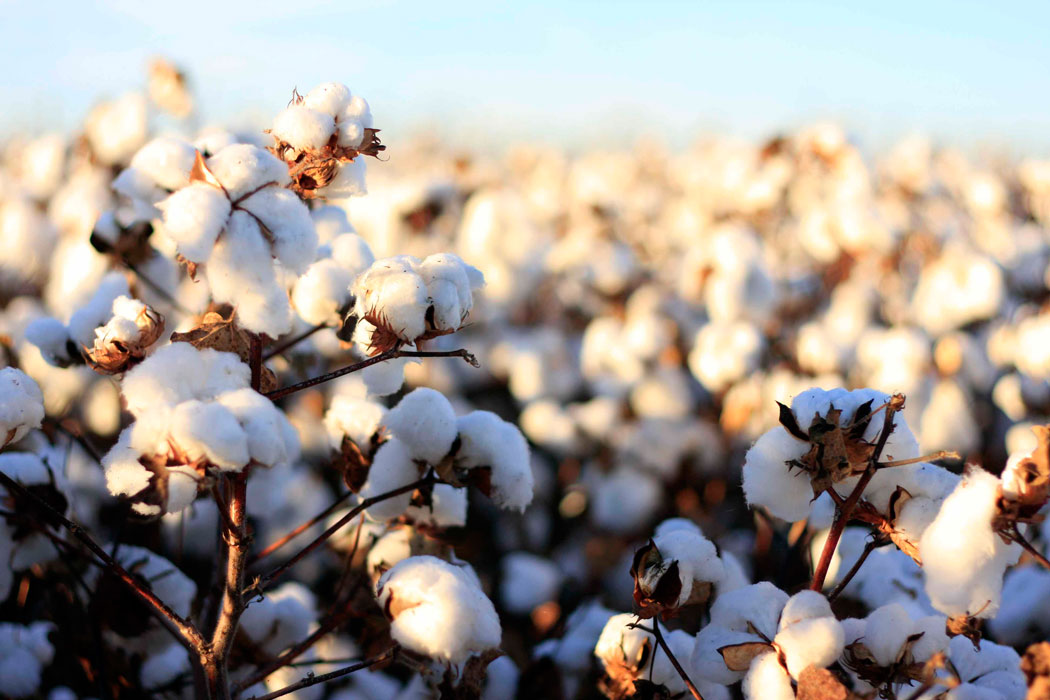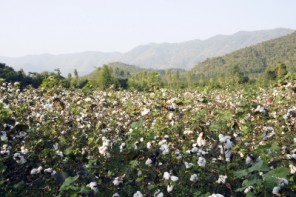The Textile Exchange has just released a new study proving that organic cotton causes less environmental damage than conventional cotton. The extensive study revealed the effects of the organic cotton supply chain on factors like global warming, soil erosion, energy demand and water use. Data collected from the top cotton producing countries have shown that organic cotton is significantly better for the environment across the board.
Textile Exchange has long supported the production of organic cotton, but this study shows the actual data to convince the world of its incredible benefit over conventional cotton. The study tracked the lifecycle of cotton and global production from the top five cotton producing countries who produce almost all of the world’s cotton; India, China, Turkey, Tanzania and the United States. The Textile Exchange’s research began with the farmers, and continued through the entire organic supply chain including cotton ginners, spinners, brands, retails and consumers themselves.
Their findings were remarkable. Compared to data collected on conventional cotton, the Textile Exchange found that organic cotton compared to conventional has 46% reduced global warming potential, 70% less acidification potential, 26% reduced soil erosion, 62% reduced primary energy demand, and a whopping 91% reduced blue water consumption.
Textile Exchange embarked on this study to meet the growing need for data that verifies the benefits of organic cotton, to encourage eco-conscious retailers to abolish the purchase of conventional cotton, and to support the clearly superior, sustainable organic cotton supply chain.
“The release of the Organic Cotton LCA marks a turning point for the organic cotton sector as a whole,” said La Rhea Pepper, Managing Director of Textile Exchange. “For 12 years, we have been promoting the benefits of organic cotton. This study allows us to show the quantitative data that supports what we already know – that organic cotton is much better for our environment than conventional cotton. This information is empowering for the people and organizations along the organic cotton supply chain, including farmers, cotton ginners, spinners, brands and retailers and all the way to the consumer level. Making a commitment to grow, manufacture, and use organic cotton in our textiles is also making a commitment to improve our water, soil and air.”
Source: Ecouterre
Image here









